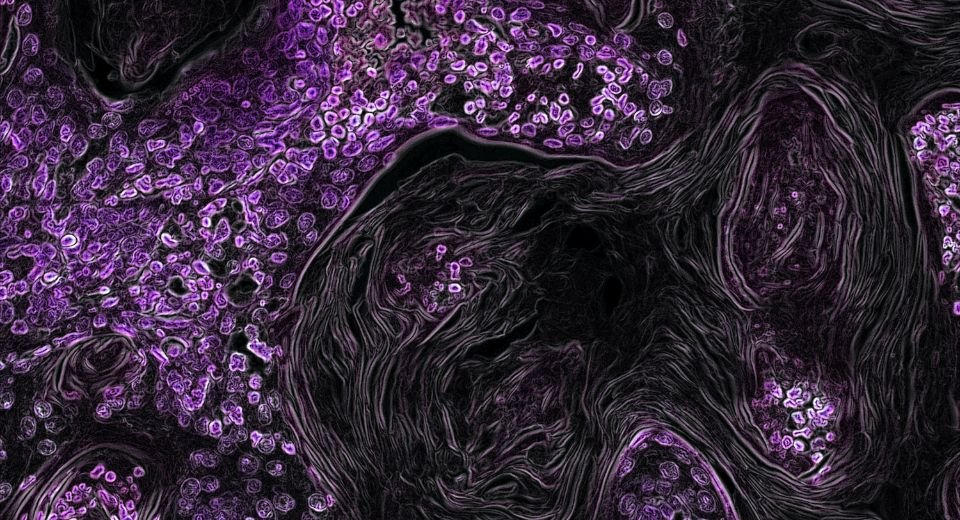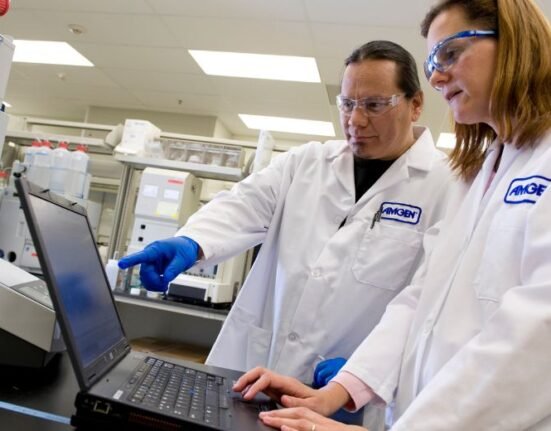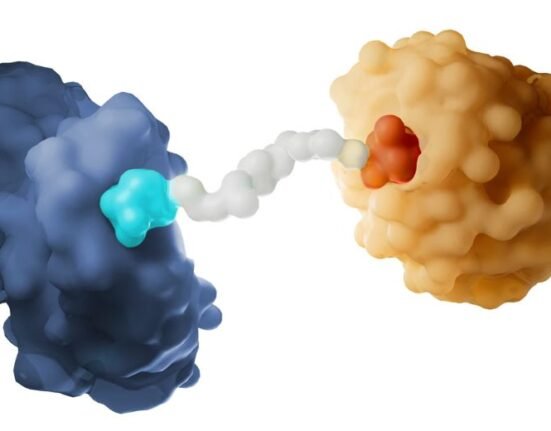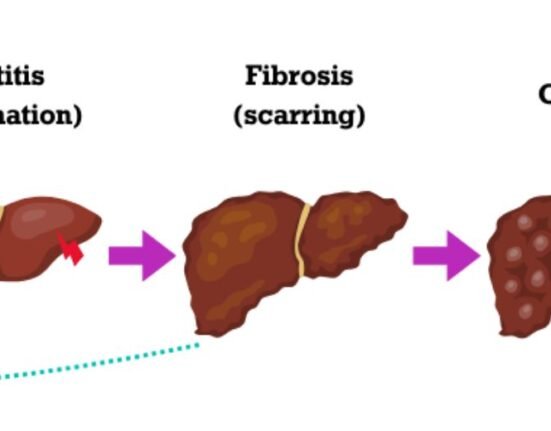HQ Team
August 5, 2023: US researchers have developed a targeted chemotherapy method that may decimate all solid tumors in animals at a laboratory, and a trial has started to test it on humans.
City of Hope researchers, for more than 20 years, has been working on the therapy, proliferating cell nuclear antigen PCNA, — different from current available ones, which enable cancer to mutate and eventually become resistant.
The AOH1996, targets a cancerous variant of PCNA, a protein that in its mutated form is critical in DNA replication and repair of all expanding tumors.
The researchers tested AOH1996, a small molecule PCNA inhibitor, in more than 70 cancer cell lines and several normal control cells.
Selective cancer-cell killer
They found that AOH1996 selectively kills cancer cells by disrupting the normal cell reproductive cycle. It targets something called transcription replication conflicts, which occur when mechanisms responsible for gene expression and genome duplication collide.
The investigational therapy prevented cells with damaged DNA from dividing and from making a copy of the faulty DNA. AOH1996 caused cancer cell death (apoptosis), but it did not interrupt the reproductive cycle of healthy stem cells.
“PCNA is like a major airline terminal hub containing multiple plane gates,” said Linda Malkas, Ph.D., professor in City of Hope’s Department of Molecular Diagnostics and Experimental Therapeutics.
“Data suggests PCNA is uniquely altered in cancer cells, and this fact allowed us to design a drug that targeted only the form of PCNA in cancer cells,” she said.
“Our cancer-killing pill is like a snowstorm that closes a key airline hub, shutting down all flights in and out only in planes carrying cancer cells,” said Malkas, senior author of the new study published in Cell Chemical Biology.
Promising results
“Results have been promising. AOH1996 can suppress tumor growth as a monotherapy or combination treatment in cell and animal models without resulting in toxicity. The investigational chemotherapeutic is currently in phase 1 clinical trial in humans at City of Hope.”
Experiments showed that the investigational pill made cancer cells more susceptible to chemical agents that cause DNA or chromosome damage, such as the chemotherapy drug cisplatin.
This indicates that AOH1996 could become a useful tool in combination therapies as well as for the development of new chemotherapeutics.
“No one has ever targeted PCNA as a therapeutic because it was viewed as ‘undruggable,’ but clearly City of Hope was able to develop an investigational medicine for a challenging protein target,” said Long Gu, PhD, lead author of the study.
Digging deeper
“We discovered that PCNA is one of the potential causes of increased nucleic acid replication errors in cancer cells,” said Long Gu, an associate research professor in the Department of Molecular Diagnostics and Experimental Therapeutics at Beckman Research Institute of City of Hope.
“Now that we know the problem area and can inhibit it, we will dig deeper to understand the process to develop more personalized, targeted cancer medicines.”
As a next step, the researchers will look to understand the mechanism of action better to further improve the ongoing clinical trial in humans.
City of Hope was founded in 1913, and is one of the largest cancer research and treatment organizations in the US. It is also one of the leading research centers for diabetes and other life-threatening illnesses.








